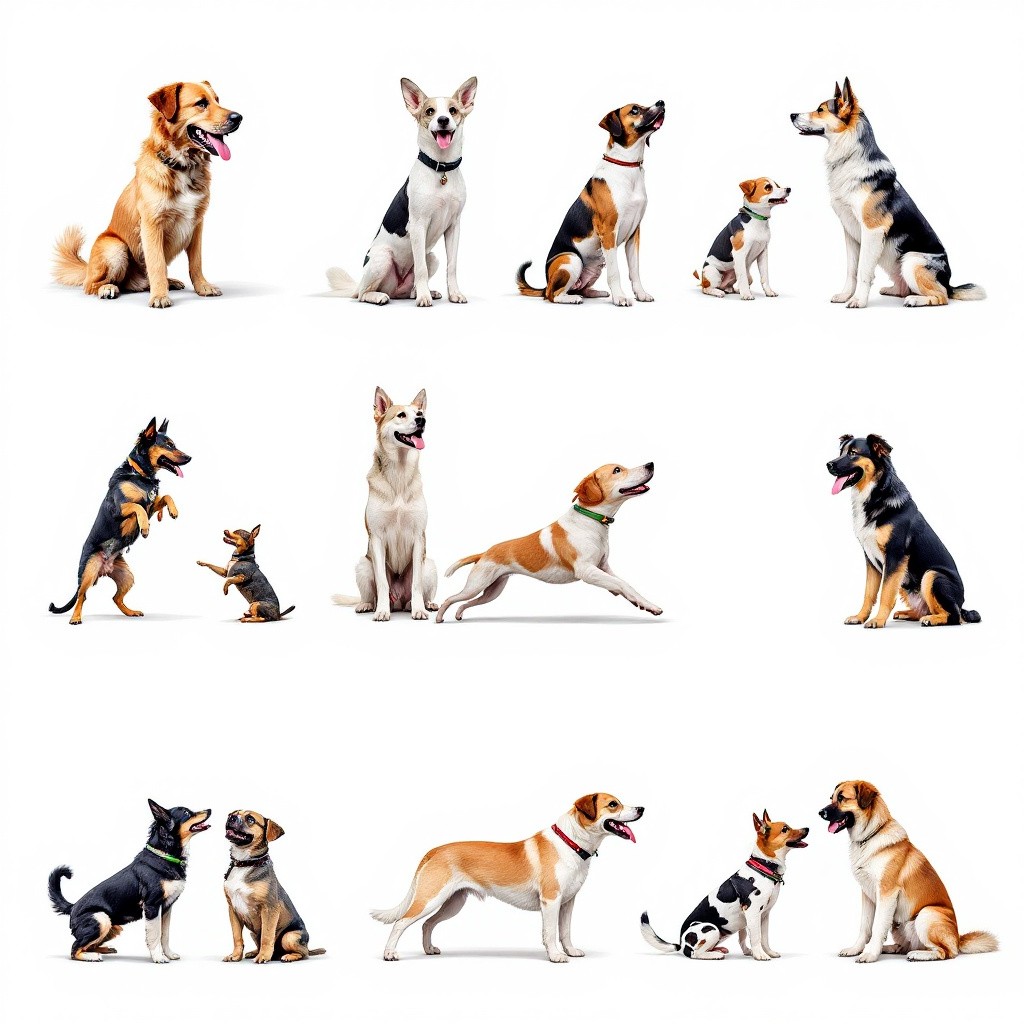Nutrition for small hunting dogs in old age: A guide to optimal care
Oh my goodness, our beloved little hound is older now! How time flies, doesn't it? As the hunter's dog gets older, it requires special attention, especially when it comes to nutrition. The nutrition of small hunting dogs as they age needs a special approach to ensure they stay healthy, happy and lively. Let's explore this topic together - with an eye for detail and a heart for our four-legged heroes.
The change in nutritional requirements
As with older people, the nutritional requirements of older dogs also change. Small hunting dogswho are known for their energy and stamina need an adapted diet as they get older. But what does that actually mean?
- Fewer calories: Older dogs are generally less active and more prone to weight gain. A reduction in calories helps to maintain a healthy weight.
- Balance of proteins and fats: Whilst proteins are important for maintaining muscle mass, they should be given in moderate amounts so as not to burden the kidneys. Good sources of fat support the energy metabolism.
- Easily digestible food: The stomach can become more sensitive. Food that is easy to digest and allows good nutrient absorption is an advantage.

Important nutrients for senior hunting dogs
What do our furry friends really need to stay vital? There are some essential nutrients that should be paid particular attention to.
Omega-3 fatty acids
These are a real miracle cure! Omega-3 fatty acids support the joints, which is particularly important in old age to maintain mobility. They also have anti-inflammatory properties that help to alleviate age-related complaints.
Antioxidants
Vitamins such as E and C are not luxury items but are crucial for protecting cells and supporting the immune system. Older dogs benefit from dietary antioxidant support to slow down tissue breakdown.
Dietary fibre
Yes, good old stool regulation! Fibre is important for healthy digestion and can help prevent constipation, a common problem in older dogs.
Changing your diet: how and why?
Now you might think that simply changing the food bag is the be-all and end-all. But wait! The change in diet should be made gradually so as not to shock the body and Digestive problems to avoid.
Start introducing new food over a period of 7-14 days by mixing the old and new food, gradually increasing the proportion of new food.
The influence of nutrition on quality of life
An appropriate diet contributes significantly to the quality of life of our older hunting dogs. The right food not only supports their physical health, but also their general well-being. And let's be honest, a happy dog is a gift that none of us would want to miss!
Dietary supplements: Good or superfluous?
Caution is advised when it comes to dietary supplements. Whilst some supplements such as glucosamine for the joints and fish oil for the coat and cardiovascular system can be beneficial, it is advisable to discuss this with your vet. What is useful for one dog may be unnecessary for another.
Avoid common mistakes in senior dog nutrition
- Overfeeding: This can lead to obesity, which in turn causes health problems, e.g. with the heart and joints.
- Waiver of regular medical consultations: A routine check-up at the vet can help to optimise the feed.
- Careless feeding of leftovers: Not everything on a human's plate is compatible with dogs. Spices and leftover fat are taboo!
Conclusion: Nutrition as the key to healthy ageing
A closer look at the nutrition of small hunting dogs in old age reveals it to be a decisive factor for stable health. With the right knowledge and a touch of care, we can help our best friends to enjoy their golden years happily and healthily. So, let's go - unpack the spoons, it's feeding time!
FAQs on the nutrition of older hunting dogs
Which food is good for older dogs?
Choosing the right food is crucial for an older dog's health. Products such as MINISENIOR for vitality from the age of 8 or SENIORPLUS offer special nutrient-rich formulas. Options such as SALMON & POTATO or JOSIDOG SOLIDO are also balanced alternatives that fulfil the special needs of older dogs. It is important that the food is easy to digest and strengthens the immune system.
How do I feed an old dog properly?
An old dog's diet should be based on easily digestible, high-quality proteins. Muscle meat such as turkey, chicken or fish and dairy products are ideal. These contain essential amino acids and are also gentle on the stomach. Avoid ingredients that are difficult to digest so as not to overburden the digestive tract.
How many times a day should you feed an old dog?
Older dogs benefit most from two meals a day. A balanced diet at fixed times, e.g. morning and evening, ensures that the metabolism remains stable and the dog is regularly supplied with energy.
Author
-

David is a passionate aquarist with more than 20 years of experience in setting up and maintaining freshwater and saltwater aquariums. He specialises in the biodiversity of aquatic ecosystems, aquascaping and the species-appropriate keeping of aquarium fish. His articles on haustierewissen.de are a treasure trove for aquarium enthusiasts looking for sound advice and creative ideas for their underwater worlds.
View all posts




